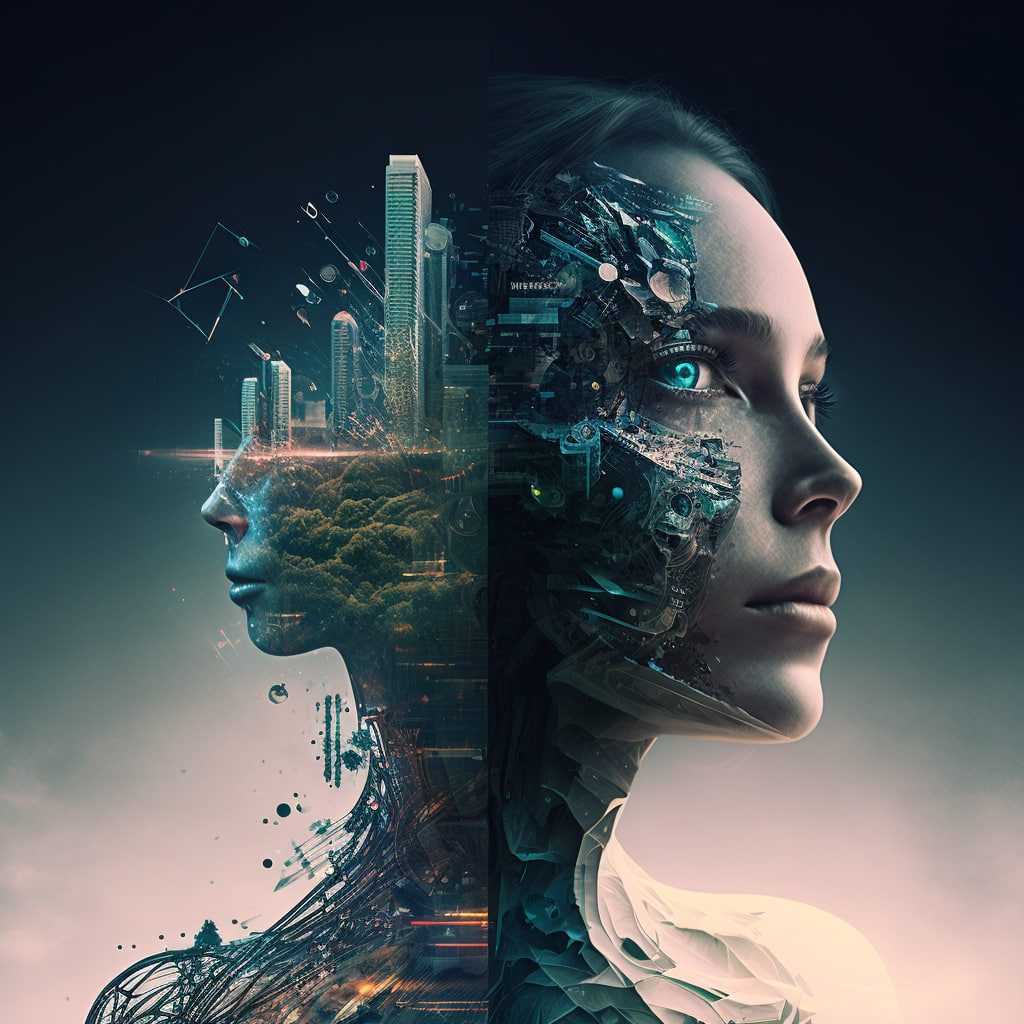In recent years, Blockchain, Virtual Reality (VR), and the Internet of Things (IoT) have been rapidly evolving and shaping the future of technology.
Blockchain technology enables secure transactions and data sharing without the need for intermediaries, revolutionizing industries like finance and healthcare. VR immerses users in computer-generated simulations for entertainment, education, and healthcare applications. IoT connects devices to exchange data and automate processes, transforming industries like smart home technology, manufacturing, and healthcare.
These technologies are driving innovation and reshaping how we conduct transactions, experience content, and interact with the physical world, with even more advancements expected in the future.
Introduction
In recent years, technology has been rapidly evolving and transforming the way we live, work, and interact with the world around us. Three key technologies that are playing a significant role in shaping the future of technology are Blockchain, Virtual Reality (VR), and the Internet of Things (IoT). These technologies are revolutionizing various industries and opening up new possibilities for innovation and growth. In this article, we will explore the impact of Blockchain, VR, and IoT and how they are changing the technological landscape.
Blockchain
Blockchain technology is a decentralized, distributed ledger system that enables secure transactions and data sharing among multiple parties. It is best known for its use in cryptocurrencies like Bitcoin, but its potential applications go far beyond digital currency. Blockchain has the ability to transform industries such as finance, healthcare, supply chain, and more.
Impact of Blockchain
Blockchain technology eliminates the need for intermediaries in transactions, reducing costs and increasing trust and transparency. It can also improve security by making data immutable and tamper-proof. In the finance industry, Blockchain is being used for cross-border payments, smart contracts, and asset tokenization. In healthcare, it can securely store medical records and enable seamless information sharing among healthcare providers.
Virtual Reality (VR)
Virtual Reality is a computer-generated simulation that immerses users in a synthetic environment. VR technology uses headsets and controllers to create an interactive and immersive experience for users. VR has applications in entertainment, gaming, education, training, and more.
Impact of Virtual Reality
Virtual Reality is revolutionizing the way we experience content and interact with digital environments. In entertainment, VR allows users to immerse themselves in virtual worlds and experience movies, games, and other media in a new way. In education, VR can provide hands-on experiences and simulations that enhance learning and retention. In healthcare, VR is used for therapy, pain management, and medical training.
Internet of Things (IoT)
The Internet of Things refers to the network of interconnected devices and objects that collect and exchange data over the internet. IoT devices can range from smart appliances and wearables to industrial sensors and autonomous vehicles. IoT technology enables the automation of processes and the monitoring of physical objects in real-time.
Impact of Internet of Things
The Internet of Things is transforming industries by connecting devices and enabling data-driven decision-making. In the smart home sector, IoT devices can automate household tasks, monitor energy usage, and enhance security. In manufacturing, IoT sensors can optimize production processes, track inventory, and improve efficiency. In healthcare, IoT devices can track patient data, enable remote monitoring, and improve patient outcomes.
Conclusion
Blockchain, Virtual Reality, and the Internet of Things are poised to reshape the future of technology and drive innovation across various industries. These technologies have the potential to revolutionize how we conduct transactions, experience content, and interact with the physical world. As they continue to evolve and mature, we can expect to see even more groundbreaking applications and advancements that will shape the technological landscape for years to come.
